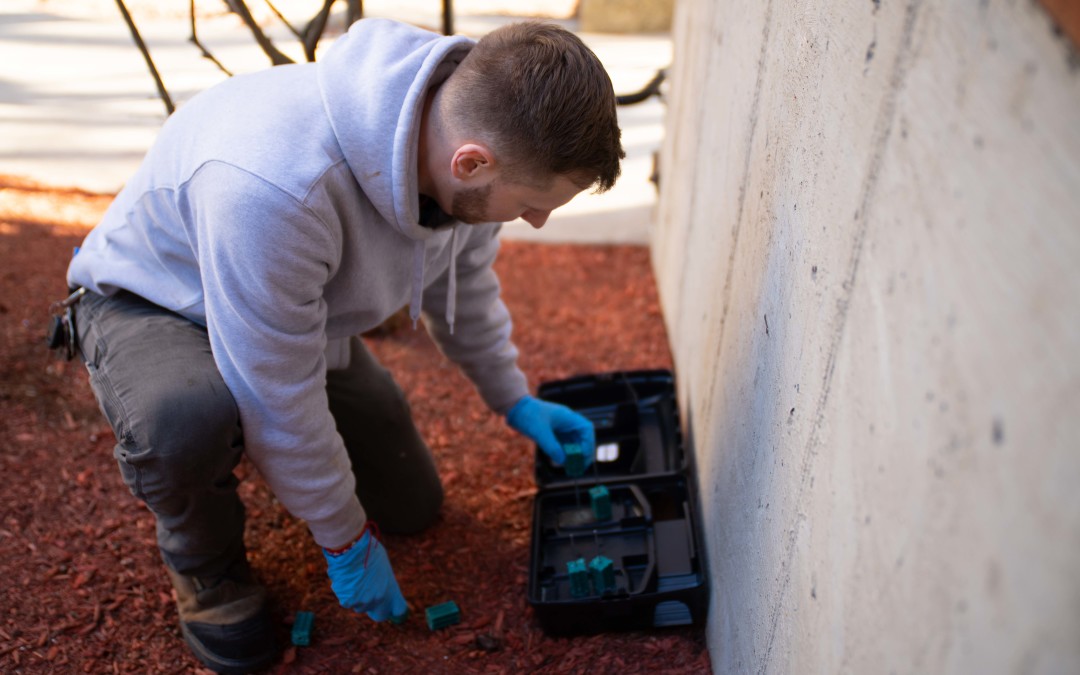Every year starting in May, residential complaints concerning rat pests increase dramatically in Boston and other cities throughout Massachusetts. The annual rat scourge in urban areas of Massachusetts lasts until September before leveling out around winter. Boston has been combatting rat plagues for centuries, but the rodent pests have been growing more prevalent and bolder in recent years. During 2016, Boston Inspectional Services received more than 3,500 rodent-related complaints from residents, which marked a 30 percent increase over the previous two years. One year later, an employee at a popular Boston eatery contracted an often fatal rat-borne disease known as leptospirosis. Not only is this disease unheard of in developed nations, but leptospirosis is rare even in the most impoverished nations where area-wide pest control programs are largely non-existent. If this isn’t bad enough, 2018 marked the first year in which in-home rat sightings in Boston surpassed those in New York City for the first time in recorded history. Since then, the rat situation in Boston has worsened, as complaints in the eastern part of the city are now 56 percent higher than they were this time last year.
According to data collected by the 2015 US Housing Survey, Boston ranks second in the nation as the most rat-infested city behind Philadelphia. Officials with the Boston Inspectional Services Department state that the current rat crises in Boston and other cities in Massachusetts is likely due to restaurant closings that were ordered last March to slow the spread of COVID. Boston’s massive rat population relies on discarded restaurant food as their primary source of sustenance, and cutting off this food supply prompted the rodent pests to seek out alternative food sources in residential areas. Residents in cities throughout Massachusetts are spotting numerous cat-sized rats brazenly invading properties where they don’t seem to mind traveling in close proximity to humans. Allston-Brighton has been the hardest hit of all Boston neighborhoods, as the number of rat complaints in the residential area is 88 percent higher than the number of complaints lodged in the area during 2019. Officials with the Centers for Disease Control and Prevention are urging Bostonians and other Massachusetts residents to promptly report sightings of unusually aggressive rats to local authorities.
Have you spotted rats on your property? Have you ever seen a rat as large as a cat?

